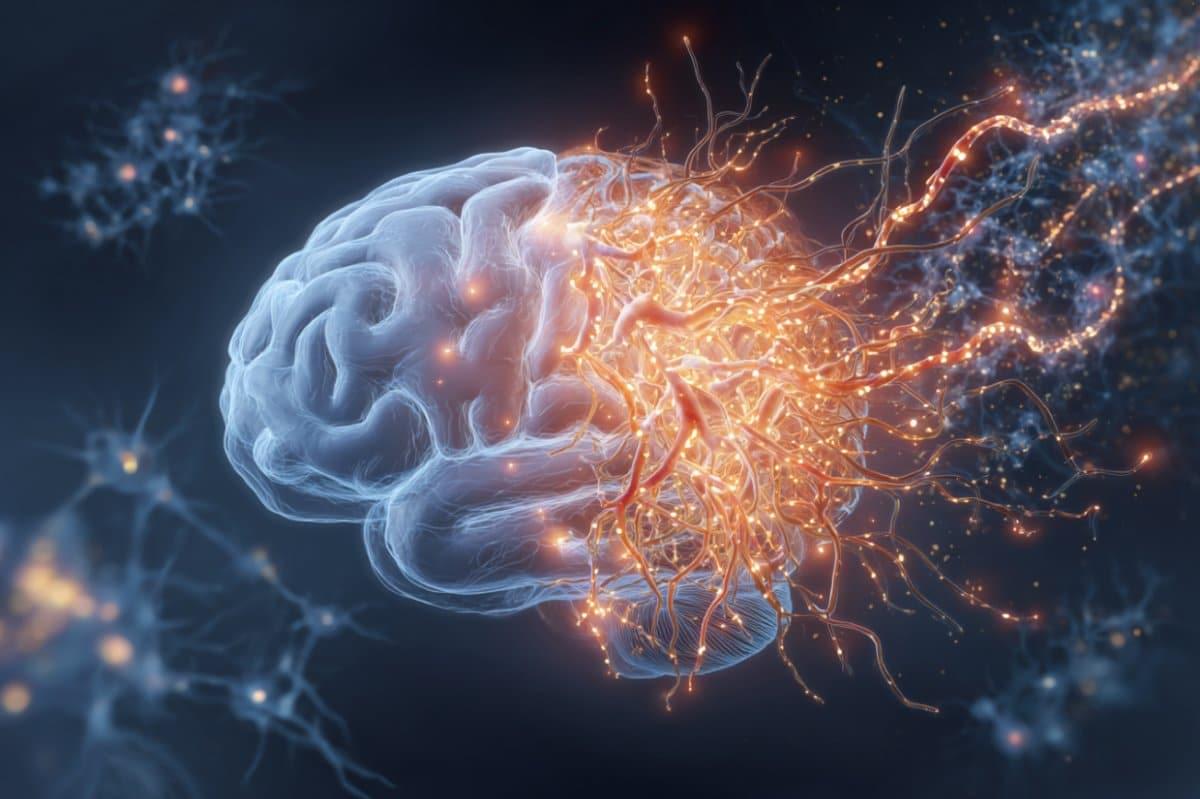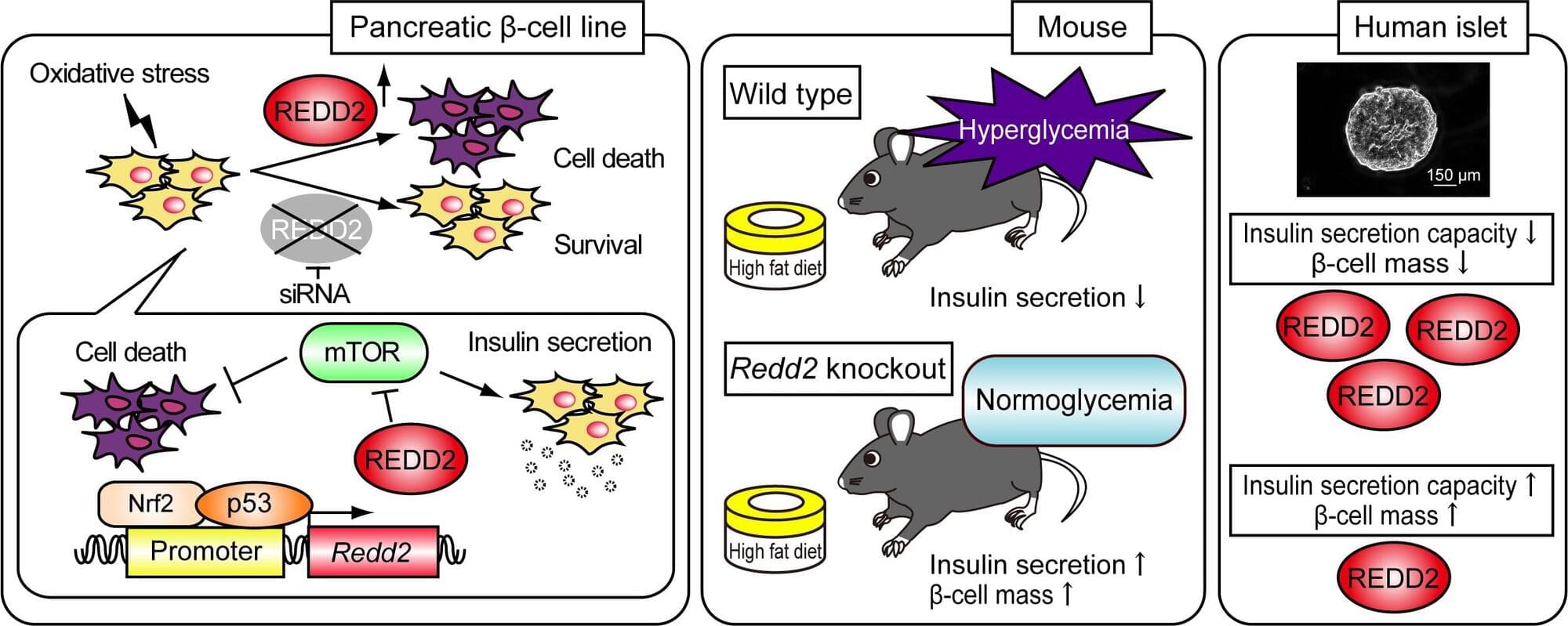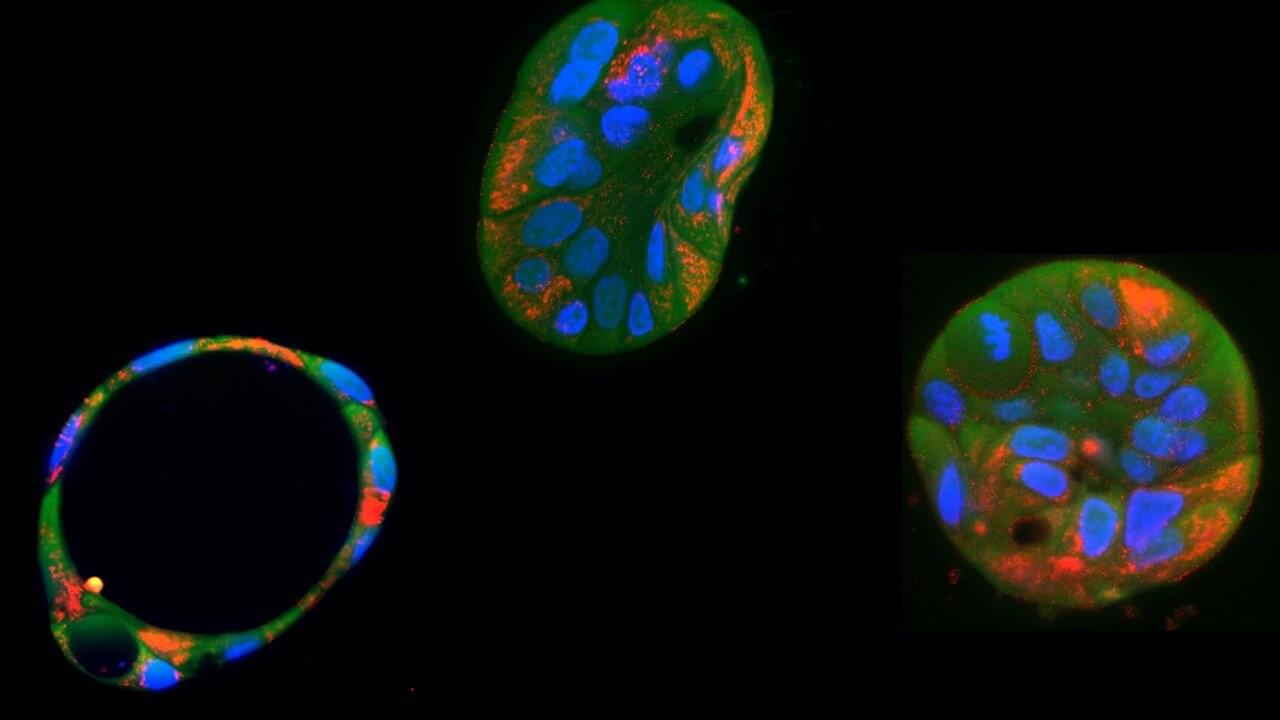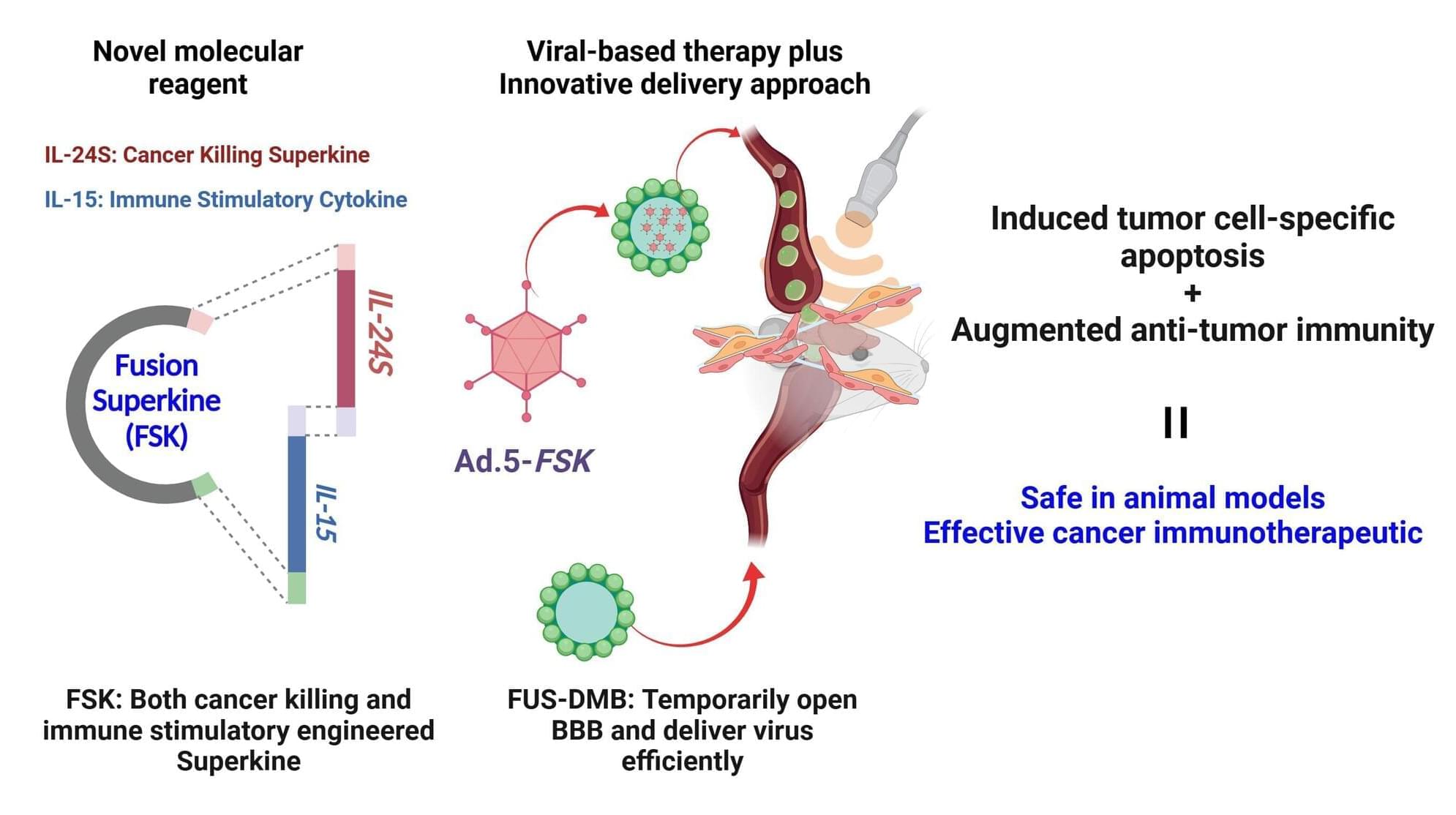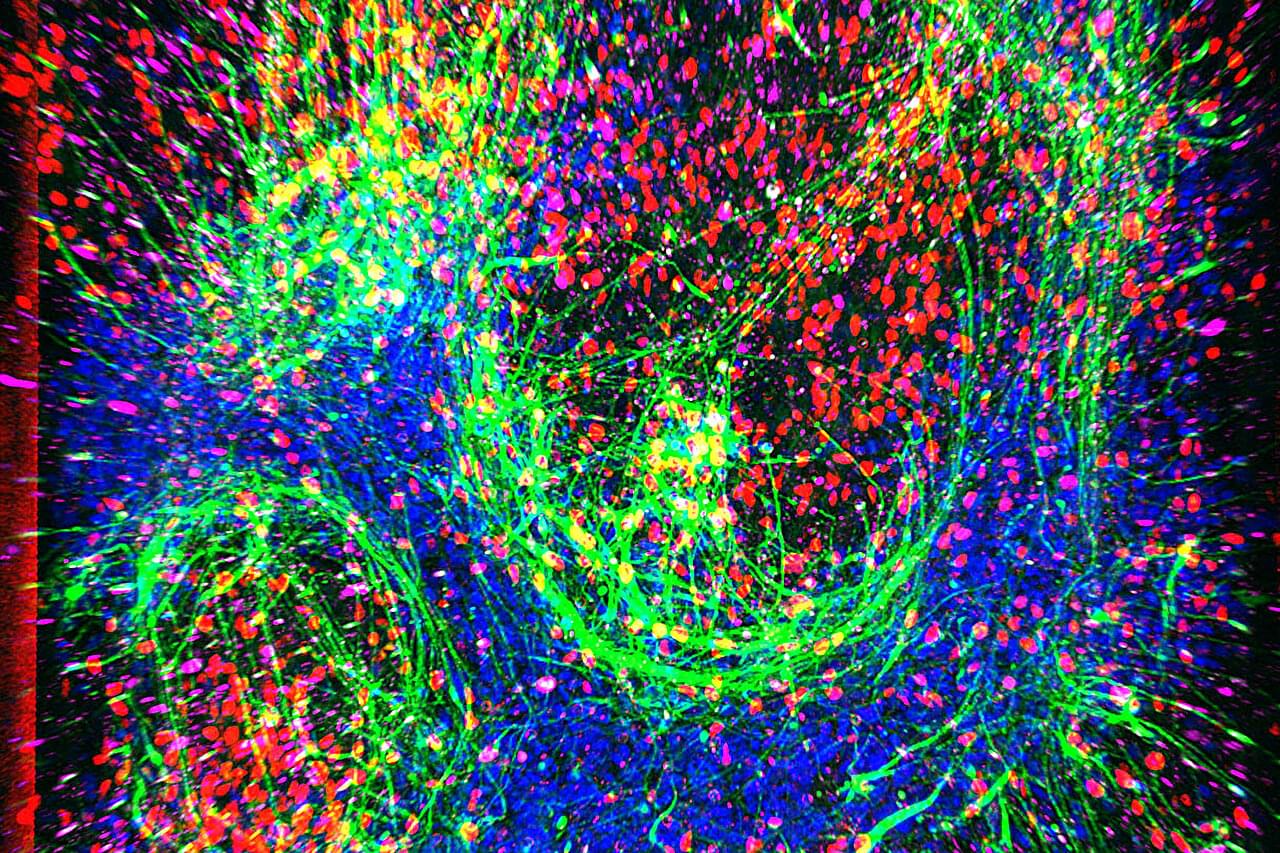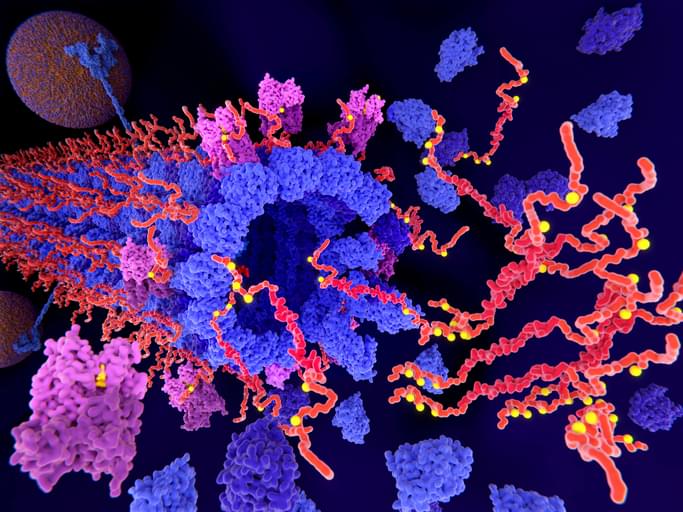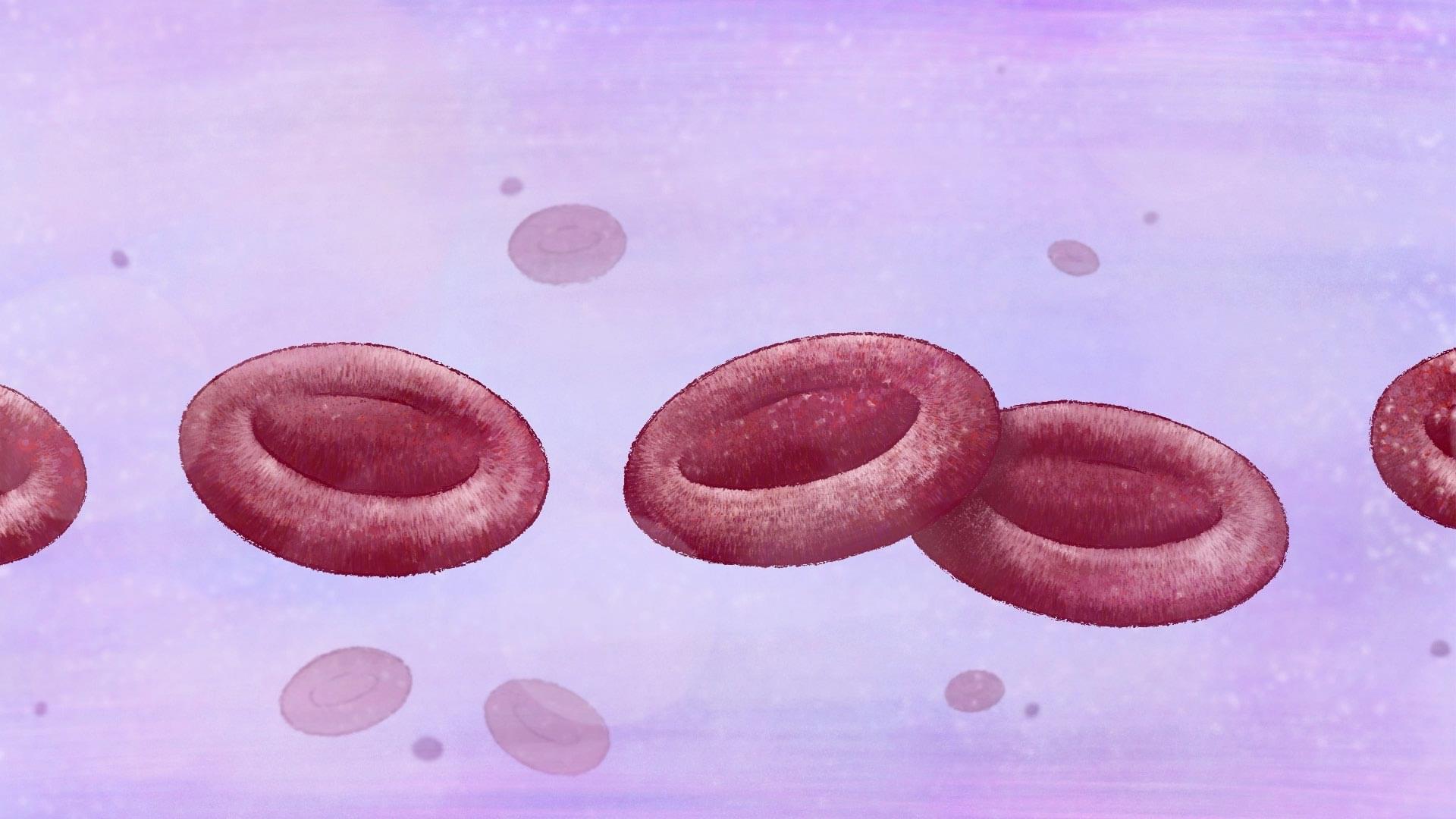Greg Egan’s Diaspora is one of the most ambitious and mind-bending science fiction novels ever published. It came out in 1997 and originally started as a short story called “Wang’s Carpets.” That story ended up as a chapter in the novel. Diaspora is: dense, smart, and way ahead of its time.
This is hard science fiction to the core. Egan invents entire new branches of physics. He reimagines life, consciousness, time, space — even what it means to be human. The book doesn’t ease you in. There’s a glossary, invented physics theories like Kozuch Theory, and characters that don’t even have genders. But if you stick with it, what you get isn’t just a story, it’s a look at what the future might actually become.
By the year 2,975, humanity isn’t one species anymore. It’s split into three groups: Fleshers: The biological humans, including the “statics” (unchanged baseline humans) and all sorts of heavily modified versions — underwater people, gene-hacked thinkers, even “dream apes” who gave up speech to live closer to nature. Gleisners: AIs in robotic bodies that live in space. They care about the physical world and experience time like regular humans. They’re kind of old-school — still sending ships to the stars, trying to build things in real space. Citizens: These are digital minds that live entirely in simulated worlds called polises.
👽 Please consider supporting this channel on Patreon: / ideasoficeandfire.
or PAYPAL — https://paypal.me/QuinnsIdeas?locale… 🎨 Art: Adobe Licensed. 🎵 Music: / @jamezdahlmusic 📚 Get These Books! Affiliate link* https://amzn.to/3HSixNx Quinn’s Discord:
/ discord FOLLOW QUINN ON TWITTER: Twitter:
/ ideasofice_fire I NOW HAVE A SUBREDDIT:
/ ideasoficeandfire Quinn’s New Graphic Novel: https://www.quinnhoward.net/theliebeh… Quinn’s Comic Books: https://www.quinnhoward.net/shop Quinn’s Website: https://www.quinnhoward.net Like me on Facebook!:
/ ioiaf 🎥 Mentioned Videos 🎬 Other Playlist Three-Body Playlist:
• Three Body Problem H.P. Lovecraft Playlist:
• LOVECRAFT Hyperion Playlist:
• Hyperion Dune Playlist:
• Dune Lore Explained Foundation Playlist:
• Isaac Asimov Feel free to leave a comment like and subscribe! Thanks For Watching!.
🎨 Art: Adobe Licensed.
🎵 Music: / @jamezdahlmusic.
📚 Get These Books! Affiliate link*
https://amzn.to/3HSixNx.
Quinn’s Discord: / discord.
FOLLOW QUINN ON TWITTER: Twitter: / ideasofice_fire.
I NOW HAVE A SUBREDDIT: / ideasoficeandfire.
Quinn’s New Graphic Novel: https://www.quinnhoward.net/theliebeh…
Buy Quinn’s Comic Books: https://www.quinnhoward.net/shop.
Quinn’s Website: https://www.quinnhoward.net.
Like me on Facebook!: / ioiaf.
🎥 Mentioned Videos.
